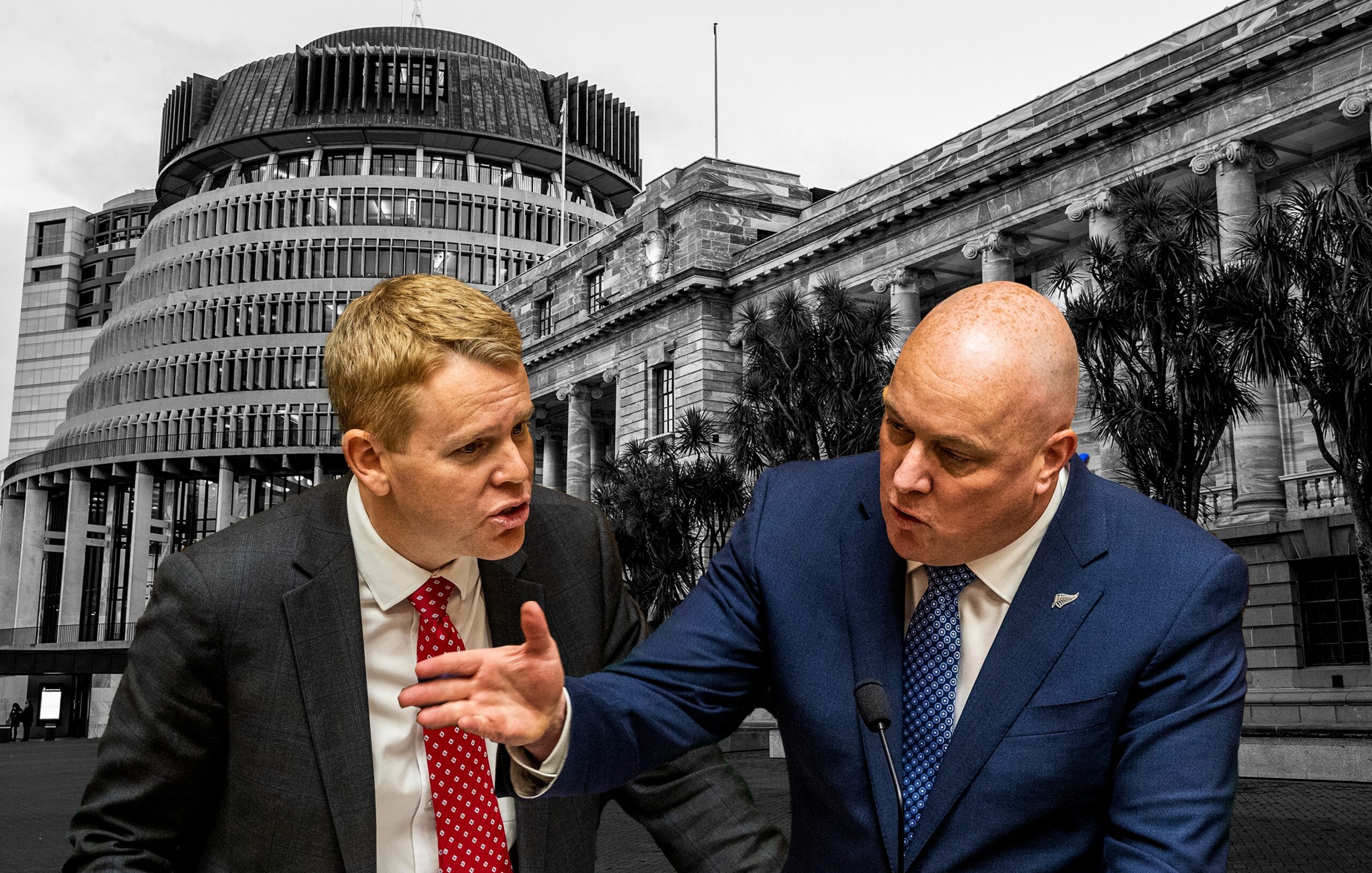Politics
Call for Bipartisan Cooperation on Infrastructure and Energy Policy

The current political landscape is witnessing a growing call for more bipartisan cooperation, particularly regarding critical issues like infrastructure and energy policy. This sentiment was echoed in a recent report by the infrastructure industry, which highlights how political disagreements can hinder progress and ultimately hold the country back. The report underscores that without a cooperative approach, the nation may struggle to address significant challenges, including the looming threat of national debt reaching 200% of GDP.
Political Divisions Impacting Policy Progress
The infrastructure industry report released this week reflects a familiar narrative: the lack of a clear pipeline for projects is a significant barrier, exacerbated by political rivalries. A separate Treasury report spanning over 40 years reinforces the urgency of addressing these concerns, pointing to a potential financial crisis if decisive action is not taken soon. Despite these warnings, the government has made attempts to initiate discussions on long-term infrastructure projects.
Prime Minister Chris Hipkins and his administration have referenced successful political cooperation in various countries as a model to emulate. In these nations, certain sectors are managed by independent bodies, ensuring that projects remain intact regardless of changes in government leadership. Such an approach could be beneficial, yet the prevailing political climate suggests that achieving this level of maturity may still be a challenge.
Recent exchanges between political leaders highlight the difficulties in fostering bipartisan dialogue. Opposition leader Christopher Luxon wrote to Hipkins regarding the future of oil and gas exploration. He sought to establish a framework for cross-party agreement, emphasizing the need for stability in policy to attract investment. Despite the reopening of exploration applications and the availability of $200 million in taxpayer funding to encourage participation, there remains a palpable reluctance among potential investors due to uncertainty surrounding regulatory conditions.
Urgency for Energy Solutions
Hipkins’ response to Luxon’s letter, described as “desperate,” suggests a lack of willingness to engage in constructive dialogue. Critics argue that this approach is counterproductive and fails to serve the nation’s best interests. While there is widespread apprehension about reliance on fossil fuels, many experts acknowledge that oil and gas will play a crucial role in the transition to renewable energy sources until alternatives like wind turbines and solar panels are fully operational.
The debate over energy policy is particularly pressing in light of the ongoing energy challenges faced globally, including in the United States. The stark political divide there has led to significant gridlock, preventing effective governance. New Zealand, while not facing the same level of animosity, could certainly improve its political collaboration. The question remains: can the two major political parties find common ground to address fundamental issues like energy supply in a manner that transcends party politics?
As the economy continues to evolve, it is essential for leaders to prioritize shared interests over partisan divides. The ability to work together on vital issues, such as energy policy and infrastructure development, could yield significant benefits for the nation. A collaborative approach may not only enhance project delivery but also instill greater confidence among investors and the public.
In conclusion, fostering a culture of bipartisan cooperation is crucial for addressing the pressing challenges facing the country. The time has come for leaders to step beyond their political affiliations and engage in meaningful dialogue that focuses on the long-term welfare of the nation.
-

 World6 days ago
World6 days agoPrivate Funeral Held for Dean Field and His Three Children
-

 Top Stories1 week ago
Top Stories1 week agoFuneral Planned for Field Siblings After Tragic House Fire
-

 Sports3 months ago
Sports3 months agoNetball New Zealand Stands Down Dame Noeline Taurua for Series
-

 Entertainment3 months ago
Entertainment3 months agoTributes Pour In for Lachlan Rofe, Reality Star, Dead at 47
-

 Entertainment2 months ago
Entertainment2 months agoNew ‘Maverick’ Chaser Joins Beat the Chasers Season Finale
-

 Sports3 months ago
Sports3 months agoSilver Ferns Legend Laura Langman Criticizes Team’s Attitude
-

 Sports4 weeks ago
Sports4 weeks agoEli Katoa Rushed to Hospital After Sideline Incident During Match
-

 Politics2 months ago
Politics2 months agoNetball NZ Calls for Respect Amid Dame Taurua’s Standoff
-

 World2 weeks ago
World2 weeks agoInvestigation Underway in Tragic Sanson House Fire Involving Family
-

 Entertainment3 months ago
Entertainment3 months agoKhloe Kardashian Embraces Innovative Stem Cell Therapy in Mexico
-

 Sports4 weeks ago
Sports4 weeks agoJamie Melham Triumphs Over Husband Ben in Melbourne Cup Victory
-

 World4 months ago
World4 months agoPolice Arrest Multiple Individuals During Funeral for Zain Taikato-Fox




















